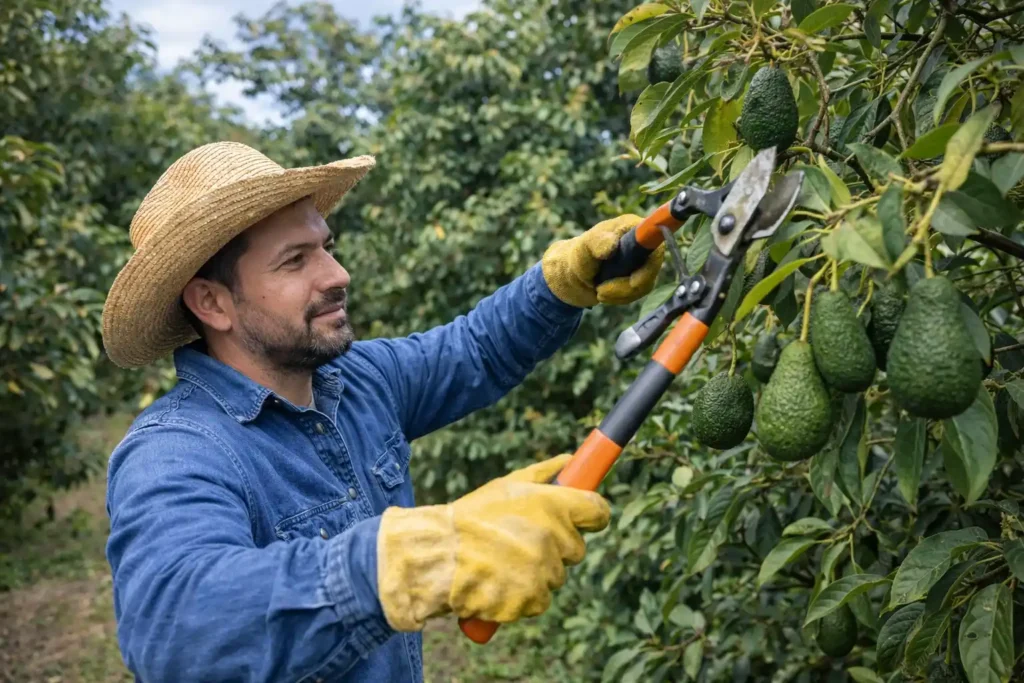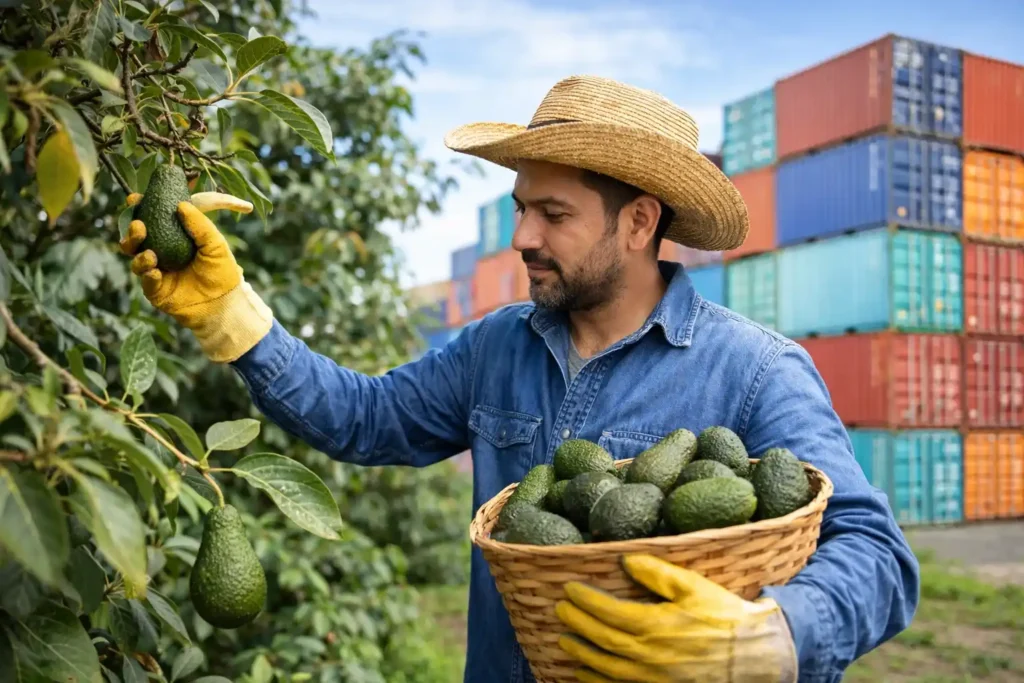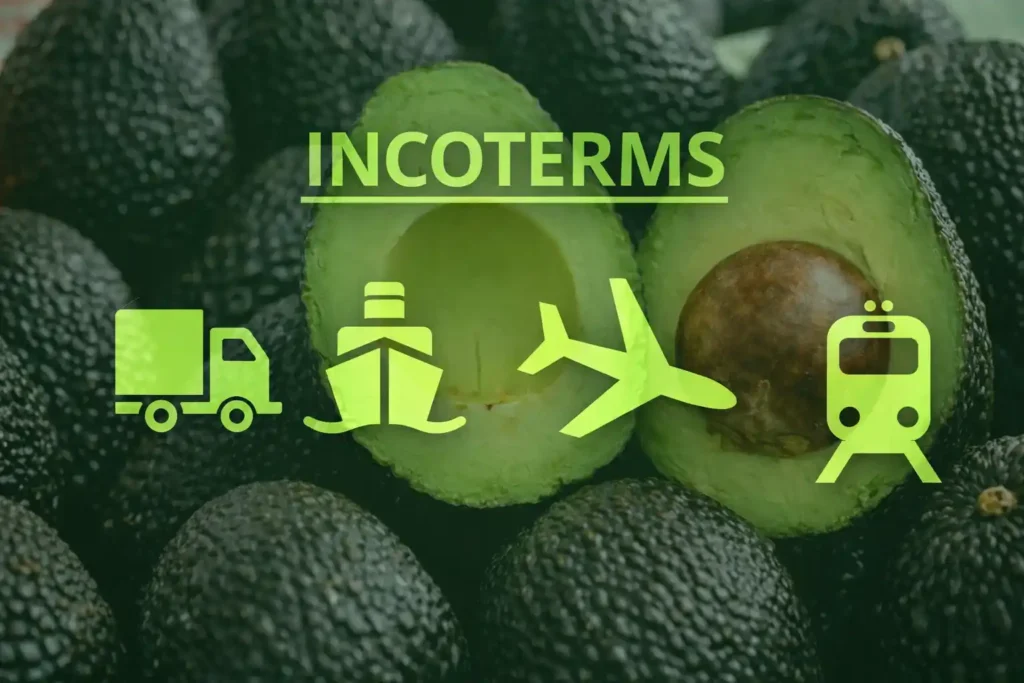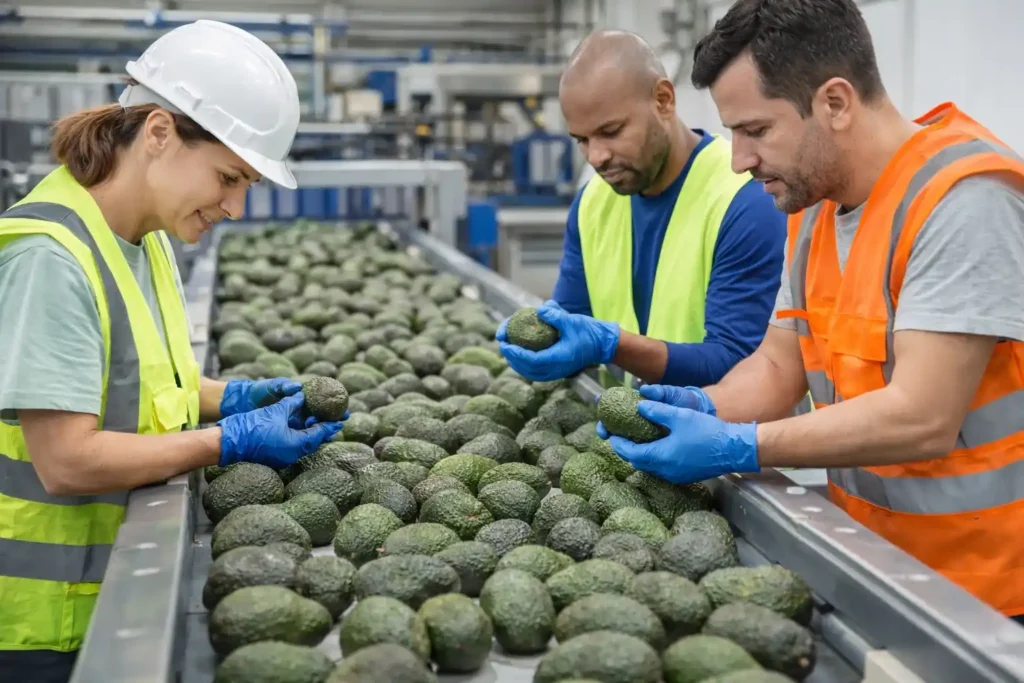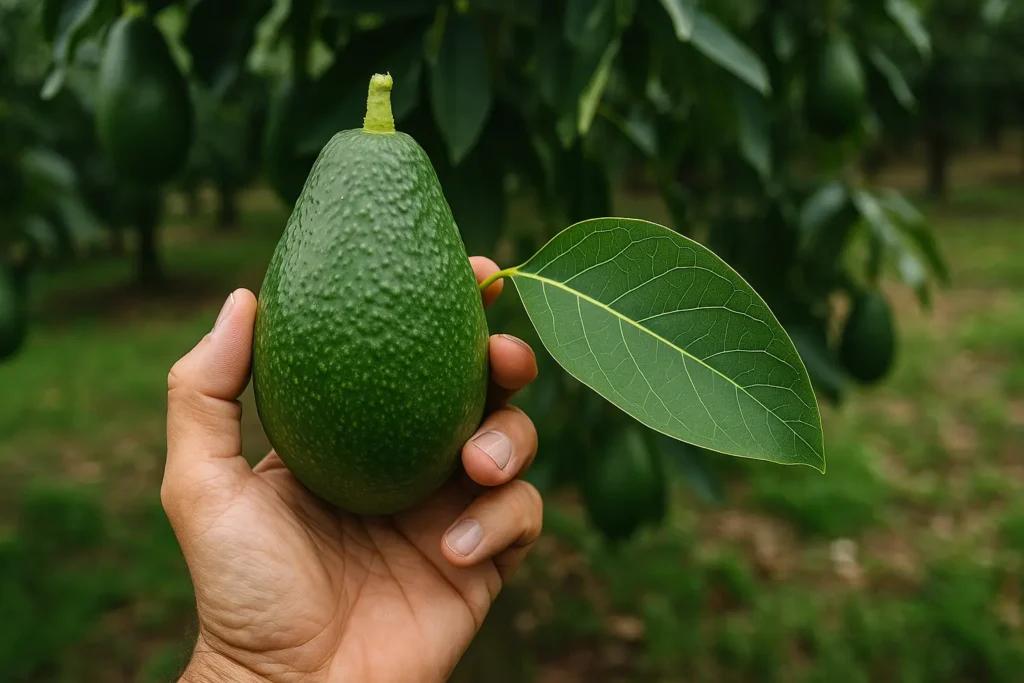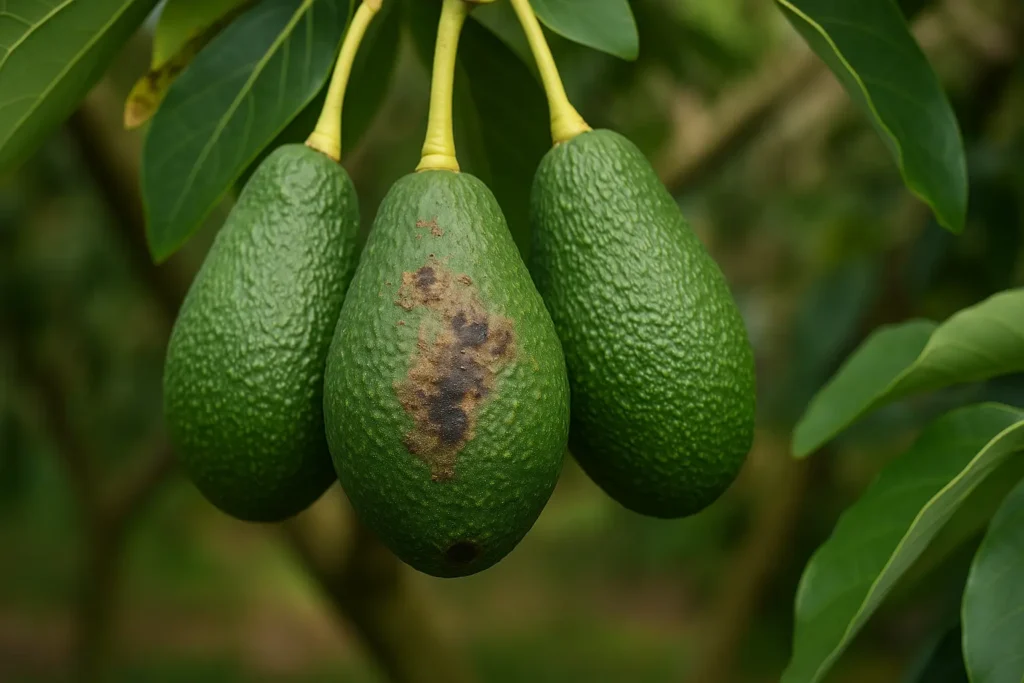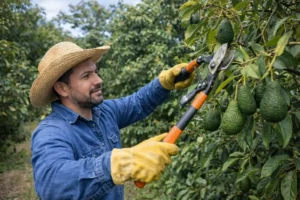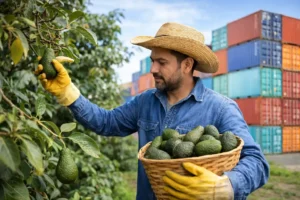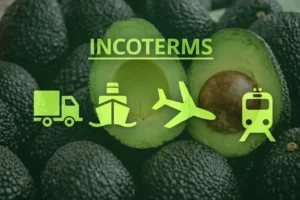The rise in global avocado consumption has brought a very important debate to the table: How can this fruit be produced sustainably and ethically? In this context, the social and environmental responsibility of Hass avocados becomes a fundamental pillar within the entire value chain, from cultivation to packaging and export.
In this article, we analyze the social and environmental responsibility of Hass avocados in the packing plants, a key aspect of ethical production. We explore how the sector adopts sustainable practices that protect the environment and promote the well-being of farming communities.
Sustainable Practices in Hass Avocado Packing Plants
At the heart of Hass Avocado's social and environmental responsibility are the actions implemented within the packing plants, where the fruit is sorted, packaged, and prepared for national and international distribution. These facilities are more than logistics centers: they represent strategic points for applying sustainability and business ethics criteria.
At Fruty Green, the packing plants are designed to minimize environmental impact and improve worker well-being. Clean technologies and sustainable protocols are implemented, reflecting their commitment to responsible production. To learn more about how we operate, visit: Fruty Green Packing House.
1. Recycling and circular economy
One of the key pillars is proper waste management. Recycling programs are implemented in the packing plants to reuse cardboard, plastic, paper, and electronic materials. In addition, the organic waste generated (such as shells or pulp) is transformed into compost, which is reused on the farms as natural fertilizer, thus closing the production cycle.
This circular economy approach is a clear example of how the Hass avocado's environmental responsibility not only seeks to reduce pollution, but also to regenerate and enrich the agricultural ecosystem.
2. Energy efficiency and emissions reduction
Modern packing plants are adopting more energy-efficient systems, such as LED lighting, solar panels, and energy-efficient equipment. These measures help reduce the carbon footprint associated with Hass avocado processing. In addition, many facilities are optimizing internal logistics to reduce the use of fossil fuels in forklifts, conveyor belts, and loading vehicles.
3. Responsible water management
Water is an essential resource in the avocado selection and cleaning process. Sustainable packing houses implement water recirculation and treatment systems to avoid waste and prevent contamination of water sources. This approach conserves a vital resource while maintaining the hygiene and quality of the fruit.
Certifications that Support Good Practices
One of the most effective ways to demonstrate the commitment to social and environmental responsibility of Hass Avocado is through international certificationsThese seals guarantee that the product meets high standards of quality, environmental sustainability, and social responsibility throughout the entire production chain. Among the most relevant certifications applicable to the avocado sector are:
- Global GAP: A standard that ensures the use of good agricultural practices, promoting environmentally responsible production that is safe for consumers and respectful of the well-being of rural workers.
- Rainforest Alliance: Recognizes operations that protect biodiversity, promote the efficient use of resources like water, and ensure fair working conditions. This certification promotes regenerative and socially responsible agriculture.
- Fair Trade: It focuses on fair trade, ensuring that small producers and agricultural workers receive fair compensation, safe working conditions, and support for community development.
Having these certifications not only improves competitiveness in international markets, but also strengthens consumer confidence. They are concrete evidence that Hass avocado production is aligned with ethical, sustainable, and socially just principles.
Quality Control and Sustainable Cold Chain
The social and environmental responsibility of Hass avocados also extends to the post-harvest stages, especially the handling of the fruit in collection and export centers. One of the most important practices is the rigorous control of the Cold chain to preserve the freshness, texture and quality of the avocado during its transport to national and international markets.
To this end, many packing houses and exporting companies are using energy-efficient refrigeration systems, digital temperature sensors, and traceability technologies. These measures reduce post-harvest losses, optimize resources, and minimize food waste, thus reinforcing the commitment to sustainability and efficiency throughout the production chain.
Social Impact in Agricultural Communities
Beyond environmental stewardship, the social responsibility of the Hass avocado involves generating a positive impact on the farming communities involved in its production. This includes building fair relationships, promoting local development, and ensuring decent living conditions for those who make the production chain possible.
Investment in education, health and infrastructure
In many avocado-producing regions, companies in the avocado sector develop initiatives that contribute to collective well-being. Among the most notable are:
- Education: Providing scholarships, technical training programs, and partnerships with educational institutions to strengthen access to education in rural areas.
- Health: prevention campaigns, mobile medical brigades, and improved access to basic care services in remote communities.
- Infrastructure: construction and maintenance of tertiary roads, community centers, schools and water supply systems.
These actions have a direct impact on the quality of life of farming families, consolidating the social commitment behind Hass avocado cultivation.
Labor equity and empowerment
Labor equity is also an important component. Many initiatives in the sector promote gender equality, inclusion, and respect for labor rights. They seek to guarantee decent working conditions, offer fair wages, and foster employee professional growth.
Furthermore, local hiring is prioritized, which strengthens the economy of rural areas, reduces migration to cities, and stimulates the sustainable development of agricultural communities.
Learn about Fruty Green's Commitment to Sustainability!
At At Fruty GreenWe believe that the social and environmental responsibility of Hass avocados isn't an option, but an obligation to the planet and the communities that grow them. Discover how we work to bring fresh, sustainable, and superior-quality Hass avocados to your table, grown using responsible practices at every stage of the process.

